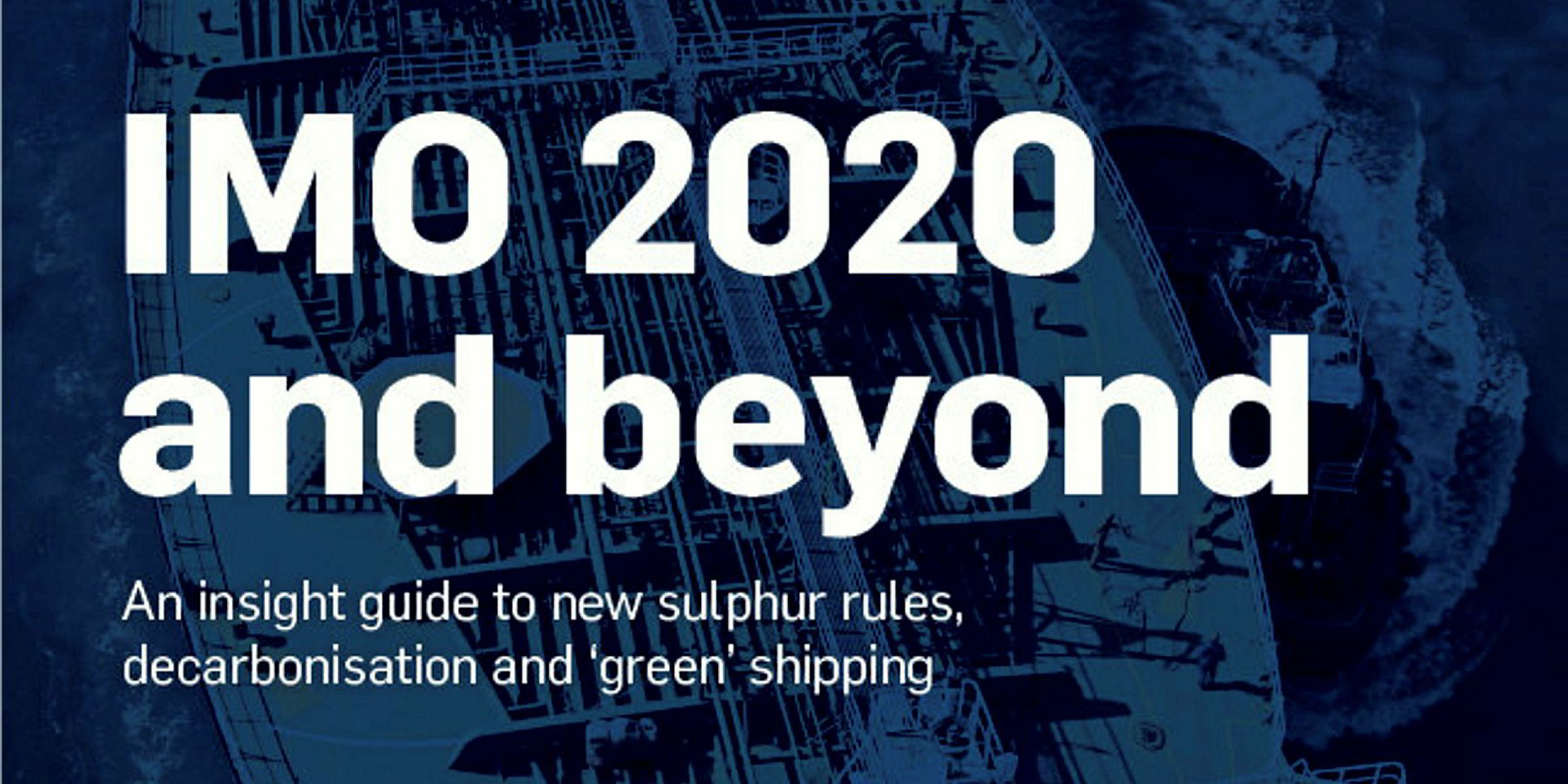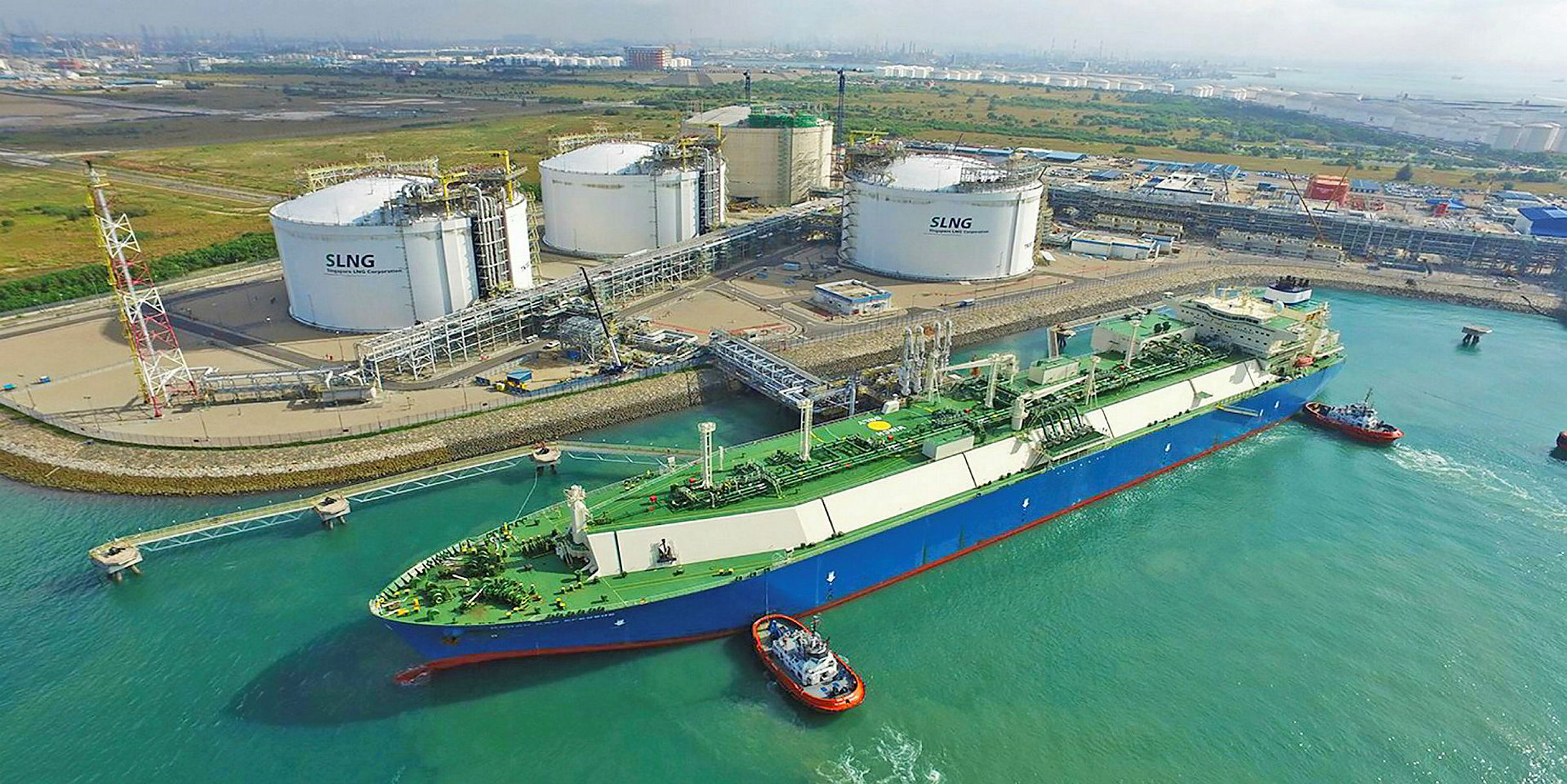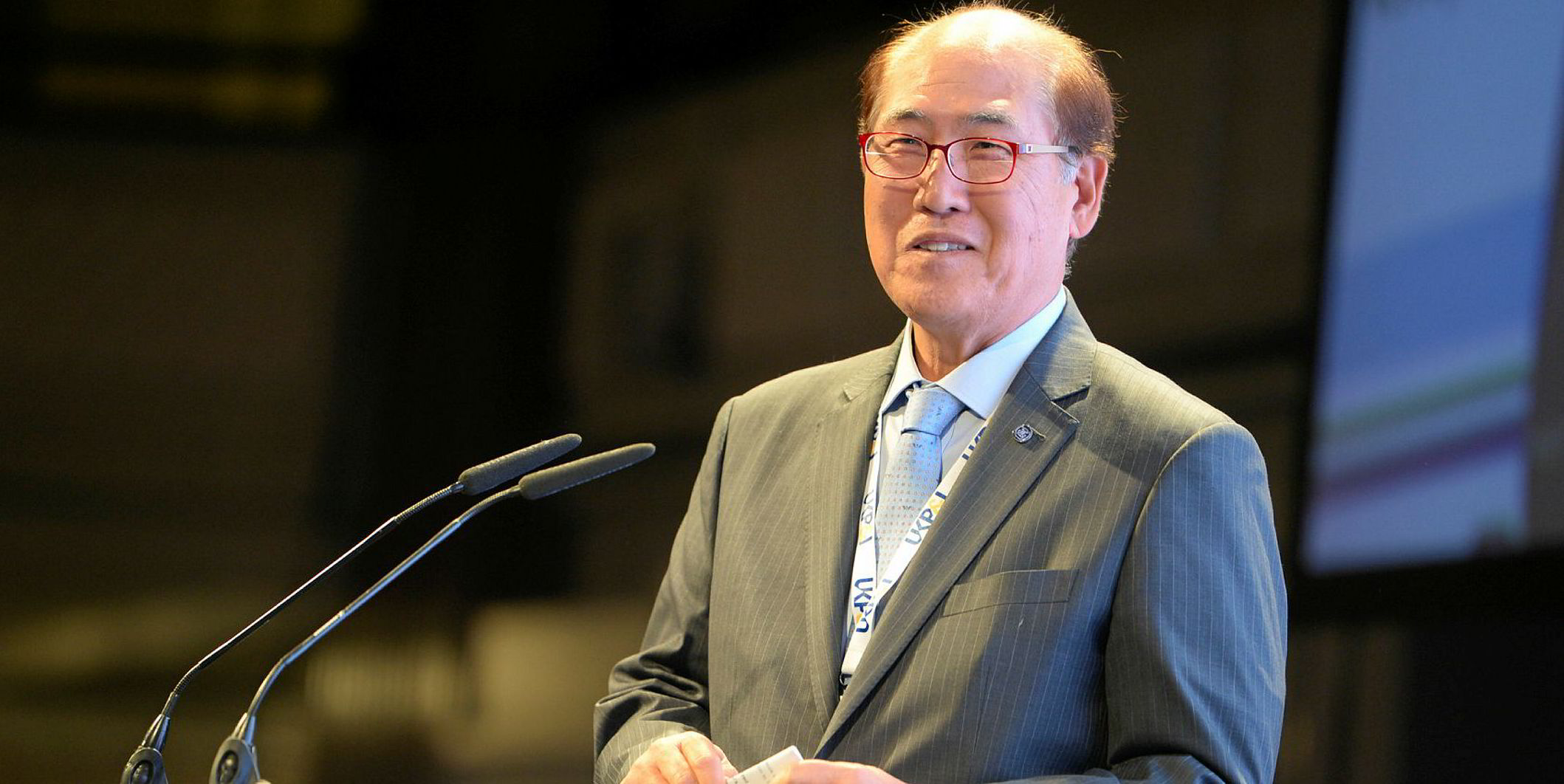Shipowners with scrubbers installed before year's end stand to benefit from IMO 2020 disruption, but others behind the curve may not be so lucky, Scorpio Bulkers' Robert Bugbee says.
When the clock strikes midnight into next year, International Maritime Organization will lower the limit for ship exhaust sulphur content to 0.5% from 3.5%.
Owners will adhere to this rule either by installing scrubbers or burning IMO 2020 compliant fuel.
Owners with scrubber-fitted ships before the cactaclysmic IMO 2020 switch are much like the early-birds at an extremely congested airport, says Bugbee, Scorpio Bulkers' president.
He said those owners are in quick line at the airport while those without scrubbers in time for IMO 2020 are in the queue that is not moving at all.
"It's going to delay other people thinking about scrubbers," he said as a panelist on the dry bulk sector at Capital Link's Maritime Forum in New York.
"The end of the queue gets longer and longer and longer ... which will ultimately create greater advantage for ships in the water that have scrubbers.
Those people in the fast line benefit the whole time."
He said the scrubber-fitted owners will be the first to "grab their luggage and leave the airport" to get the available taxis while the latecomers will find all of taxis have left.
"It's a mess all the way through and really hard for anyone to calculate this happening," he said.
Scorpio Bulkers is putting scrubbers on all of its kamsarmaxes and ultramaxes.
There are almost 4,000 ships with scrubbers so far, 1,336 of which weigh at least 100,000 gross tonnes, according to Clarksons.

Check out TradeWinds Knowledge http://bit.ly/35g4KZ1 , our new research project on IMO 2020 and decarbonisation






